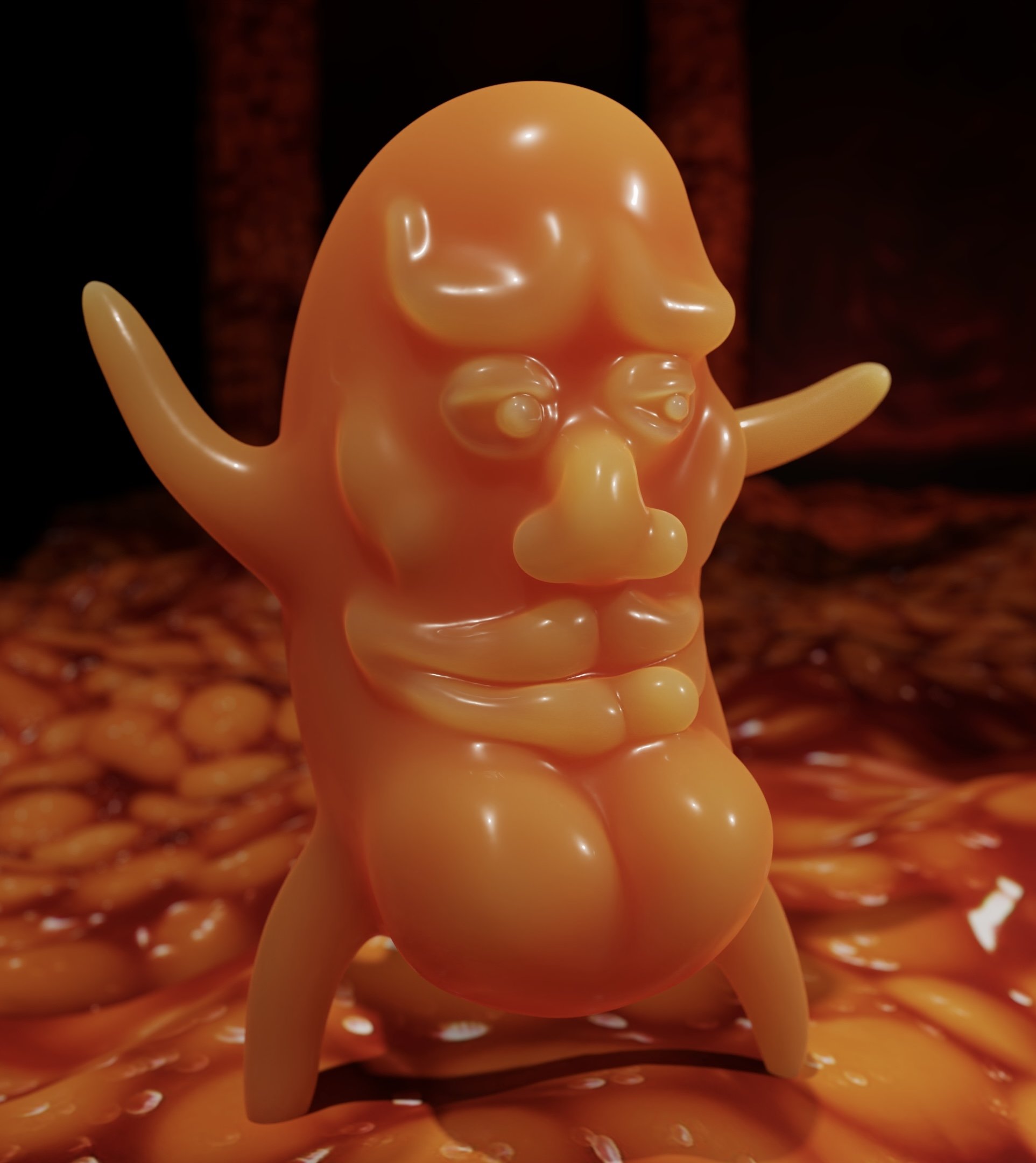- cross-posted to:
- technology@beehaw.org
- cross-posted to:
- technology@beehaw.org
Here is the unlisted demo video from their newsletter: https://www.youtube.com/watch?v=UP_TBaKODlw
Key bits:
After acquiring Serif last year, Canva is now relaunching its Adobe-rivalling Affinity creative suite as a new all-in-one app for photo editing, vector illustration, and page layouts. Unlike Affinity’s previous Designer, Photo, and Publisher software, which were a one-time $70 purchase, Canva’s announcement stresses that the new Affinity app is “free forever” and won’t require a subscription.
Affinity’s one-time-purchase model was one of the most appealing things about its older software offerings, standing in stark contrast to Adobe’s controversial subscription-based creative suite. While Canva’s own design platform can be used for free, it also locks most of its capabilities behind subscription paywalls, which raised concerns that Affinity would adopt Canva’s subscription-based approach following the acquisition. The company is trying to put those fears to rest for good by repeatedly mentioning how “free” the new Affinity app is, but the AI integrations will likely be met with some resistance by creatives who oppose the technology.
I’m glad they didn’t add any subscription pricing, and while I don’t know if they’ll actually be able to fund it through the optional AI subscriptions alone, at least it can be used offline for those who want any AI things. Now my only complaint is the lack of a solid Linux client.
Fuck these guys, just use gimp.
I get where you’re coming from, but GIMP honestly just kinda sucks from a UX perspective nowadays. The core of the app seems to be fine, but it’s just not particularly intuitive to use compared to the commercial offerings.
Maybe that’ll change one day, but it really does feel like the interface has been the same for the past 15 years at least.
🏴☠️ Adobe over using this “free” trap and data mining scam.
Oh for sure, I’m never paying Adobe anything. More just speaking on some frustration that GIMP seems to be sitting in the exact same location it has been for so long.
Do you mean GIMP? Citation needed.
Are you sure intuitive or is it just “previously learned behaviour”?
I’ve used both Photoshop and GIMP, in fact I used GIMP first and that’s what I learned on. Then I tried Photoshop and it was immediately way more intuitive as to where things are and how the UI works, same with Affinity based on my little experience with it.
Older FOSS stuff tends to struggle quite a bit with UX, which makes sense cause it’s mostly programmers and not UI designers working on it.
Or Krita
Tried using GIMP and Gimpshop (I don’t know if it’s still a thing) and never really got warm with it. Not for a lack of trying. I just use Affinity designer 2 and Photo 2 along with Inkscape (from which GIMP could learn a thing or two in terms of usability IMO).
Okay.
Why?
How is it free? Data mining for AI?
They have a pro version that adds AI features, no idea the pricing yet though. People are also speculating that it’s also an ad for the parent company’s product Canva. And then the final guess is the standard enshittification where they try to corner the market by being unreasonably cheap for a while.
They have a pro version that adds AI features, no idea the pricing yet though.
The aricle says the AI stuff is tied to Canva’s Premium subscription, which is 120 USD/year:
Canva Premium subscribers will also be able to use AI-powered Canva editing tools like image generation, photo cleanup, and instant copy directly within the Affinity app.
They don’t do data mining, they’re using it as an upsell to canva
You need a canva account and AI features are (expensive) subscription locked.
I expect the core app to stagnate after this and AI features to get all the attention.
The business model is hoping that non-professional users will sign up for canva subscriptions in order to take advantage of the AI features. There’s zillions of users like that—far more than the number of professional graphic artists that would pay for this software.
And that’s fine with me. The key is that Canva understands the difference and give us control on how professionals use the software.
I have affinity designer 2 and photo 2. It does everything I need (except for bitmap tracing, for which I use Inkscape). I won’t be bothering with anything else in this respect as I’m used to working with the tools I have . Also I don’t need the AI stuff so it’s a hard pass. Bummer on the acquisition though…







